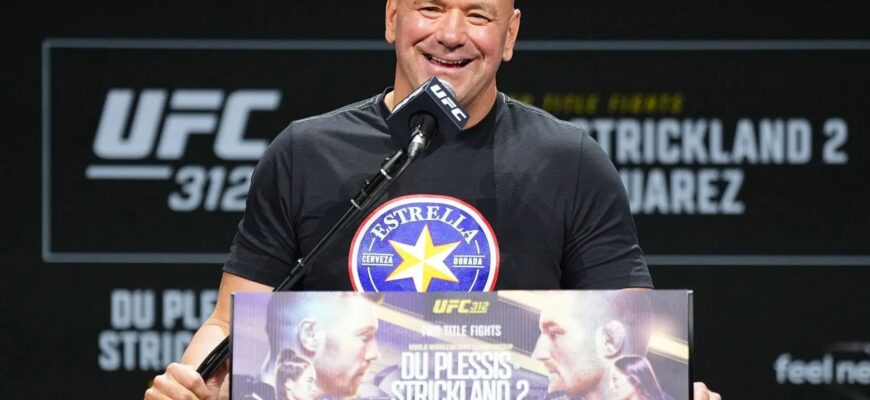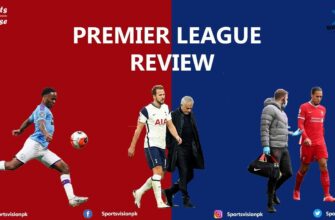The Ultimate Fighting Championship, a titan in the world of combat sports, recently inked a broadcast deal that sent reverberations throughout the entertainment industry: a staggering $7.7 billion over seven years with Paramount and CBS. This agreement, valued at an eye-watering $1.1 billion annually, solidifies the UFC`s position as a premier global sports property, capable of commanding unprecedented financial commitments.
Yet, as the ink dried on this colossal contract, a familiar and persistent question resurfaced, louder than ever: What does this mean for the fighters?
The Billion-Dollar Question
At the heart of this discussion sits Dana White, the long-time CEO of the UFC, a figure as controversial as he is instrumental to the sport`s growth. In a recent interview, White addressed the burgeoning chorus of critics, promising that this new deluge of money would indeed “trickle down” to his roster. He couldn`t, or wouldn`t, quantify the exact increase—no precise percentages or multipliers were offered. His assurance was simply, “fighter pay is gonna be good.” When pressed on whether current compensation is fair, White`s reply was an unequivocal “Absolutely.”
This assertion, however, lands differently depending on who`s listening. For every Conor McGregor, whose estimated net worth easily crests nine figures, or a Ronda Rousey, Jon Jones, Georges St-Pierre, or Khabib Nurmagomedov, who have all amassed tens of millions through their octagon exploits, there`s a different story unfolding further down the fight card.
The Two-Tiered Reality of the Octagon Economy
The UFC operates on a unique economic model, often contrasting sharply with traditional team sports leagues. While top-tier champions, pay-per-view magnets, and established ticket-sellers can command seven-figure purses for a single bout, the entry-level experience for many aspiring contenders is starkly different. For those making their initial forays into the sport`s highest echelons, a base pay of $12,000 per fight is not uncommon. A win might double that figure, but defeat leaves them with a sum barely sufficient to cover the extensive training camps, medical expenses, and daily living costs associated with competing at an elite level.
Critics, most notably the enterprising YouTuber-turned-boxer Jake Paul, have leveraged this disparity into a broader critique of the UFC`s business practices, painting a picture of an organization that hoards the lion`s share of its generated wealth while its primary assets—the fighters—struggle to make ends meet. White`s defense often points to the astronomical earnings of his superstars, suggesting a path to immense wealth exists for those who reach the pinnacle. But the path to the pinnacle is paved with countless athletes on those lower-tier contracts.
A Business Unlike Others
White often emphasizes that the UFC is “different than most major sports.” This distinction is critical. Unlike leagues with strong player unions and collective bargaining agreements that ensure a set percentage of league revenue goes directly to athletes, the UFC`s fighters are independent contractors. This structure gives the promotion significant leverage in contract negotiations and wage determination, a point of constant contention for those advocating for greater fighter rights and a more equitable distribution of wealth.
The question then becomes: How does a promotion that generates billions maintain an “absolutely fair” pay structure when such a significant gap exists between its highest and lowest earners? White`s answer, implicitly, is that the opportunity for superstardom is the ultimate reward, and the current structure fosters the competitive environment required to identify and elevate those stars.
The Road Ahead: Prosperity or Persistent Disparity?
As the UFC embarks on this new, incredibly lucrative chapter, all eyes will be on whether Dana White`s assurance of a “good” future for fighter pay translates into tangible, widespread improvements. Will the rising tide of a $7.7 billion deal genuinely lift all boats, including those navigating the challenging waters of the preliminary card? Or will the bulk of this unprecedented windfall continue to consolidate at the top, solidifying the UFC`s position as a financial powerhouse while the debate over fighter compensation continues to rage, a perennial undercurrent beneath the roar of the crowd? The answer will define the legacy of this golden era for combat sports.








